We spoke with Shigehiro Matsuda, a second-year doctoral student (at the time of the interview) in Division of Human and Socio-Environmental Studies, Graduate School of Human and Socio-Environmental Studies. As a HaKaSe+ selected doctoral student, he is pursuing his Ph.D. We asked him about the appeal of the doctoral course and what makes his research fulfilling.
What inspired you to pursue a doctoral degree?
I’m originally from Ishikawa, but I completed my undergraduate studies at a private university outside the region. I’ve always been interested in political thought and philosophy from around the world, and in my third year, I joined a seminar on Italian political history and theory. That’s when I began studying the works of Niccolò Machiavelli, a prominent Italian political thinker. Through that seminar, I discovered how exciting and fulfilling research could be—and that’s what sparked my interest in graduate school. While researching Machiavelli scholars in Japan, I was surprised to find that Kanazawa University, located in my hometown, had a faculty member specializing in Italian political thought. That scholar is Professor Morihisa Ishiguro, who is now my academic advisor. I wrote to him expressing my desire to pursue graduate studies, and he welcomed me warmly. Thanks to his support, I entered the master’s program and later continued into the doctoral program, where I’m now deeply engaged in my research.
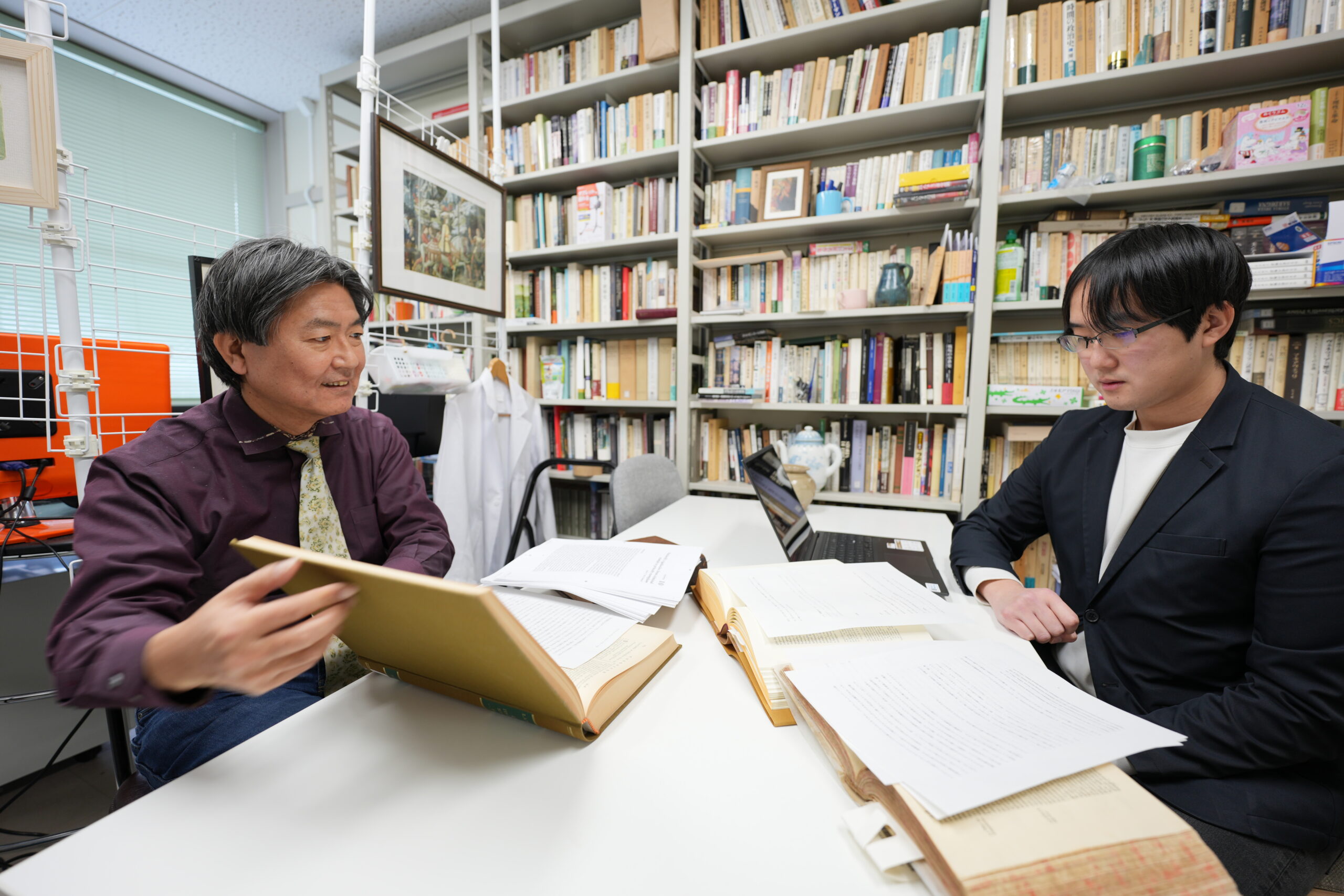 (Left in photo: Professor Morihisa ISHIGURO, academic advisor)
(Left in photo: Professor Morihisa ISHIGURO, academic advisor)
What moments in your research do you find most enjoyable?
My study focuses on Niccolò Machiavelli, a political thinker from the Italian Renaissance. His most famous work, The Prince, remains widely read even today and is often introduced as a business strategy book. It’s fascinating to think that, even 500 years after his death, Machiavelli’s ideas are still alive and relevant. What I find especially enjoyable is reading the many interpretations of his work by political theorists over the years. Each scholar brings a unique perspective, and exploring those viewpoints is intellectually stimulating. At the same time, I strive to develop my own interpretation by reading original Italian texts from Machiavelli’s time and studying the historical context in which his ideas emerged. In Japan, there are only a few researchers working on Machiavelli, but engaging in discussions with them is also incredibly rewarding. These conversations often spark new insights and remind me of the joy of being part of an academic community.
What kind of support does HaKaSe+ provide?
First and foremost, HaKaSe + offers generous financial support. Before entering the doctoral course, I was concerned about the financial challenges of continuing research at that level. While I was still in the master’s course, my advisor, Professor Morihisa Ishiguro, introduced me to HaKaSe+ as a potential option if I chose to pursue a doctorate. Thanks to HaKaSe +, I’ve received tuition waivers and research incentives, which have allowed me to focus fully on my studies in a stable environment. I feel truly fortunate to have this support. In addition, I’ve always had an interest in science-related fields like space and programming. One of the great things about HaKaSe+ is that it encourages interaction across disciplines. The program provides opportunities to connect with doctoral students from a wide range of academic backgrounds, both in the humanities and sciences. That kind of interdisciplinary exchange is one of the aspects I find most inspiring.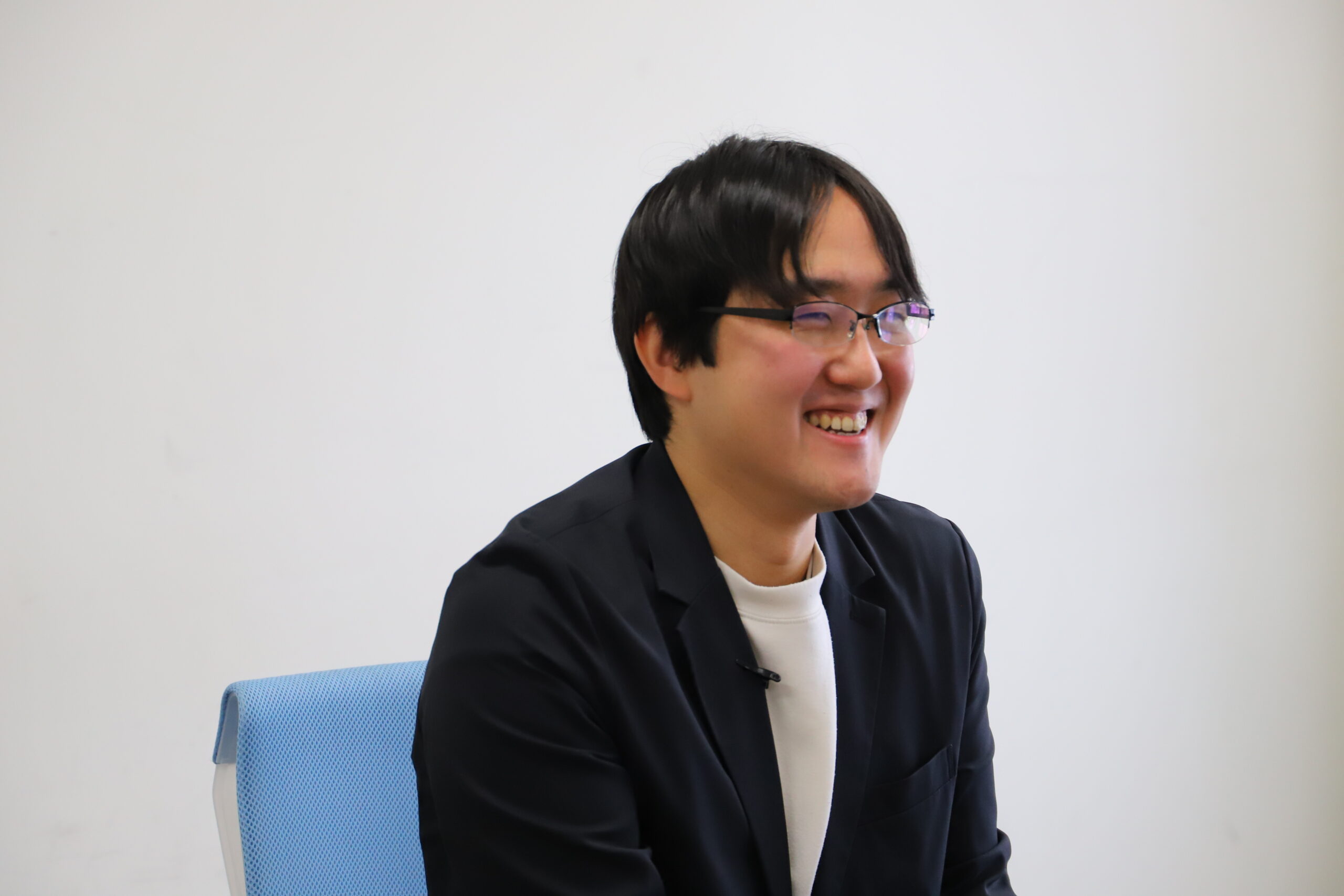
What skills do you feel you’ve gained through your doctoral course?
Of course, I’ve developed strong research skills through my daily academic work. But beyond that, I’ve also gained the ability to handle unexpected challenges and build resilience against stress. For example, during conference presentations, I often receive questions I didn’t anticipate. While studying abroad in Italy, I faced a few unexpected incidents as well. And there are times when research doesn’t go as planned. Learning to think through these situations and find solutions on my own is something I’ve truly developed during my doctoral journey. I’ve also made steady progress in my Italian language skills, which has been essential for reading historical texts and deepening my understanding of the intellectual context surrounding my research.
Finally, could you share your dreams for the future?
In the future, I hope to remain in academia and continue my research as a university faculty member.
Machiavelli’s ideas are studied around the world—not only in Italy, where he lived, but also in countries like the United States, Germany, and the United Kingdom. His work is even referenced in business literature, showing how widely his influence has spread. I want to keep reading and analyzing a wide range of texts, and publish my own interpretations in academic journals. My goal is to offer new perspectives that no one has pointed out before. By doing so, I hope to contribute to the global conversation surrounding Machiavelli’s thought and share insights from Japan with the wider academic community.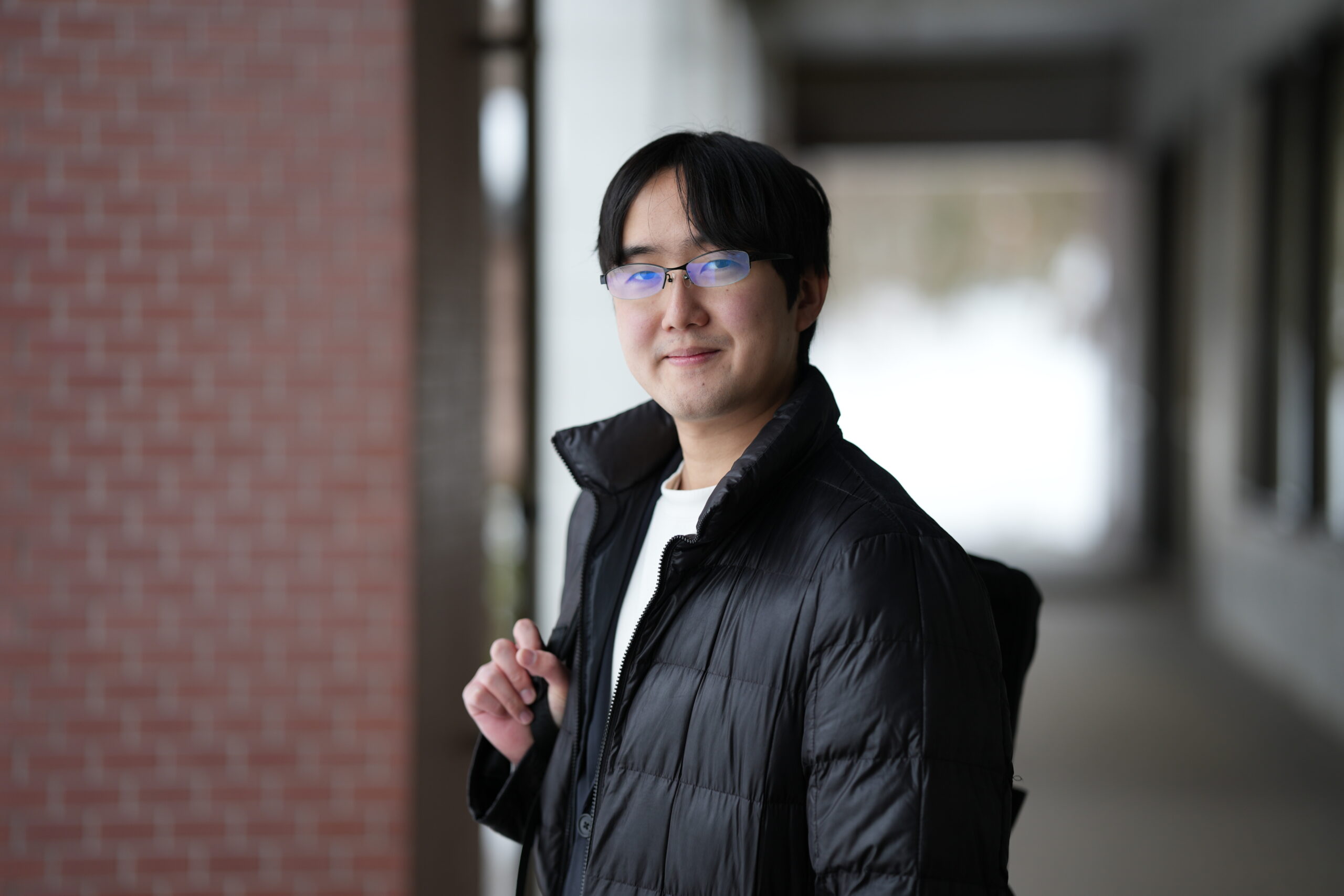
*Note: All affiliations, academic years, and titles mentioned are accurate as of the time of the interview.
(Yuko MITERA, Science Writer)
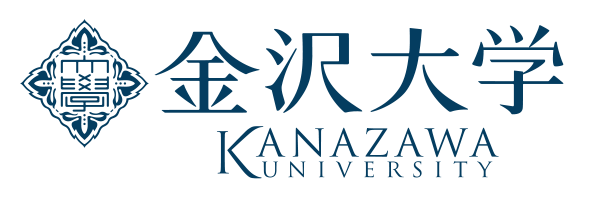





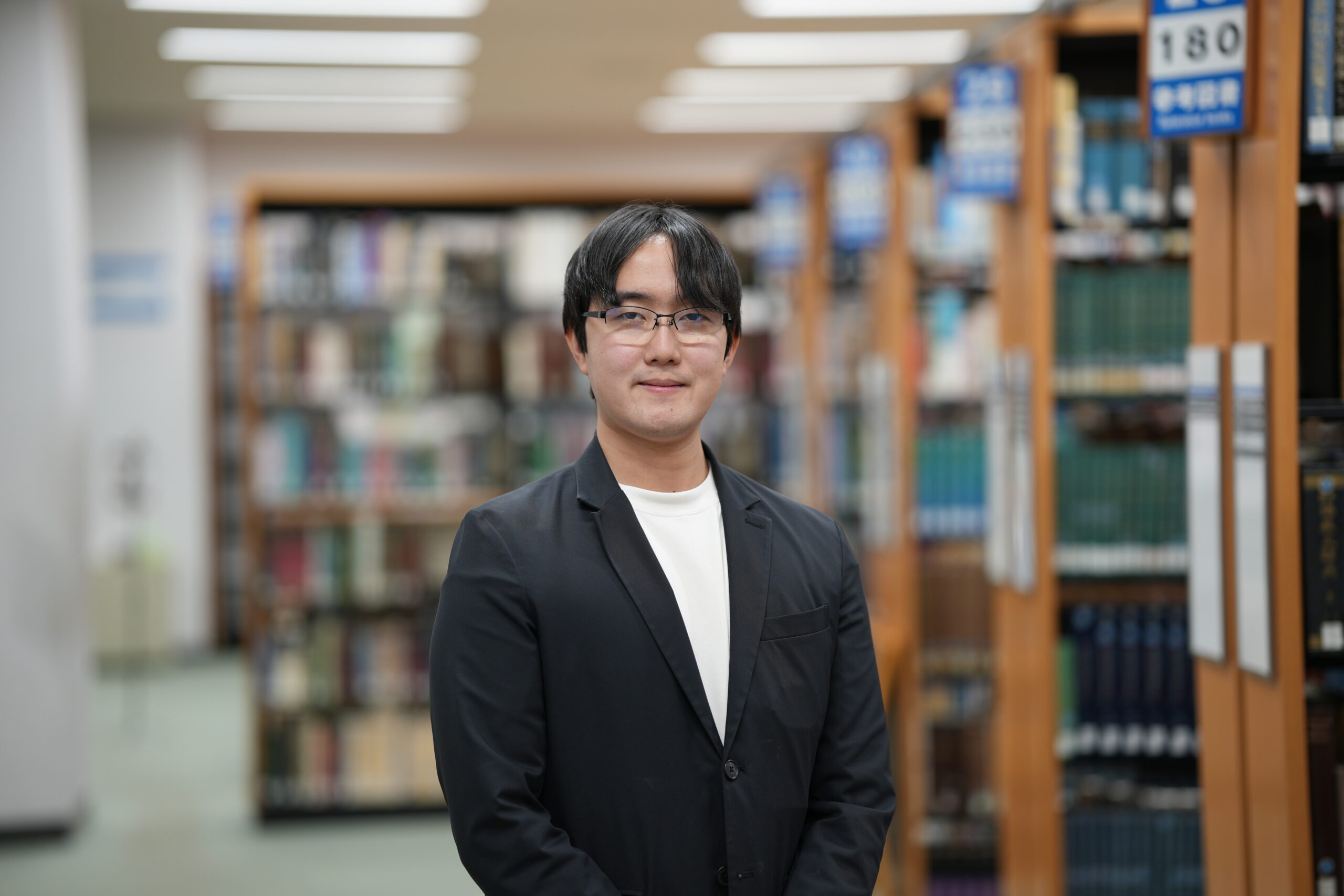
 PAGE TOP
PAGE TOP